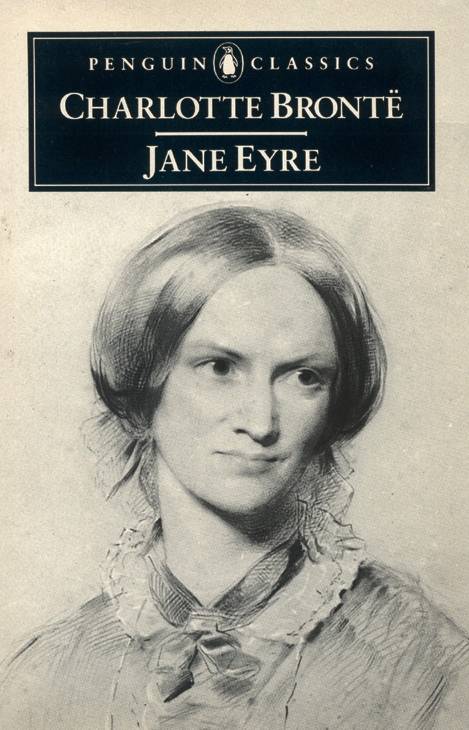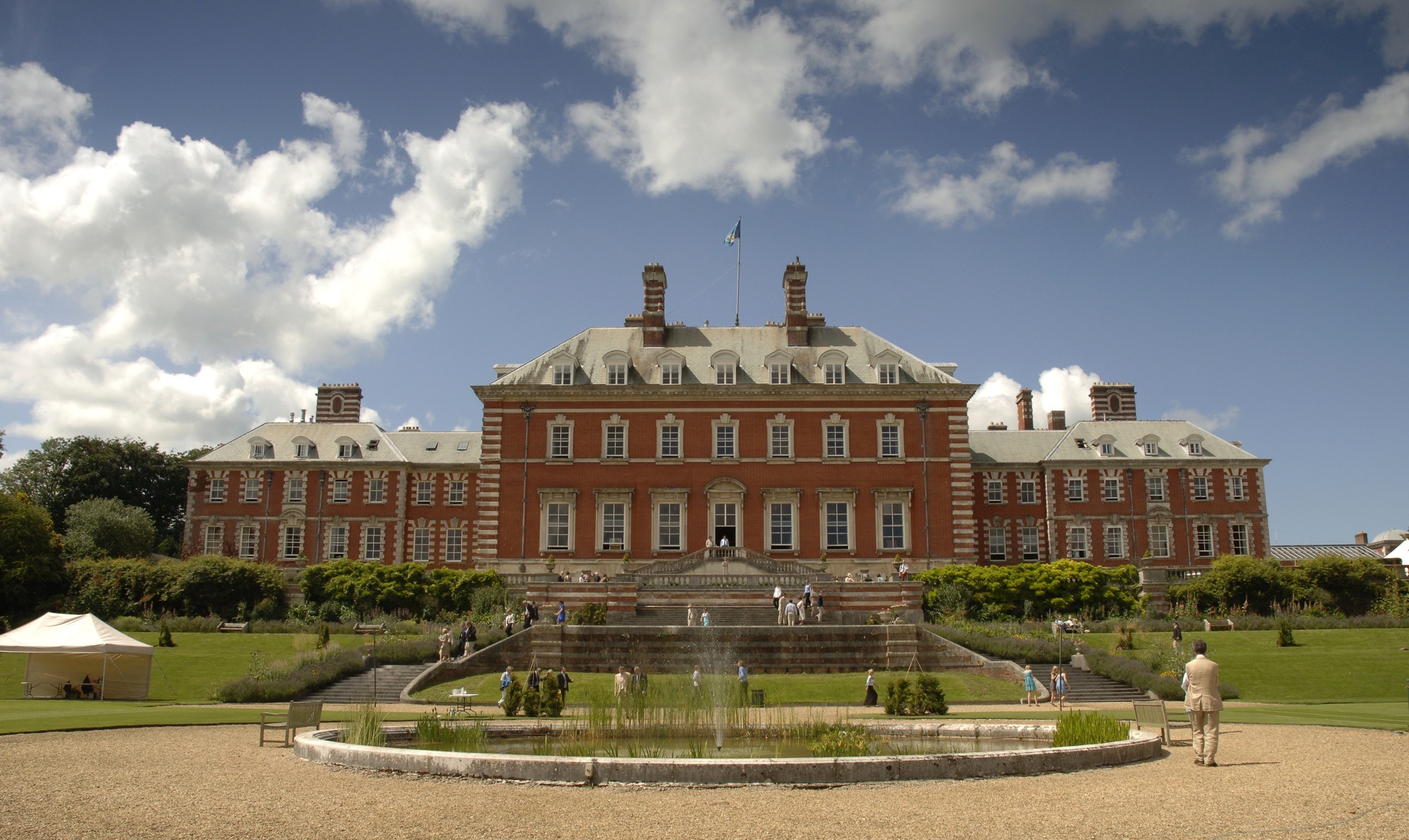Reflecting on a visit from Schools Consent Project
In our latest blog post, Teacher of English Mark Belassie-McCourt, discusses what happened when Schools Consen...
Read MoreTeacher of English and Housemaster of Beechwood House Stephen Davies discusses some of the recent thinking about masculinity and the role housemasters have in developing boys who are less focused on competing and more able to nurture healthy relationships with their peers…
 When I was 18 years old, I had a job on a building site. During a breakfast break one day I got a copy of Jane Eyre out of my bag and started reading – it was on the list for my university course. The other guys on the site generally tolerated me (in between some pretty graphic teasing) but in reading Jane Eyre it seemed I had crossed a line. ‘That’s a girls’ book!’ was the conclusion. ‘Why are you reading that?’ I was asked. There was even a girl on the cover, but she didn’t look like the girls did in The Sun calendar on the wall of our portakabin.
When I was 18 years old, I had a job on a building site. During a breakfast break one day I got a copy of Jane Eyre out of my bag and started reading – it was on the list for my university course. The other guys on the site generally tolerated me (in between some pretty graphic teasing) but in reading Jane Eyre it seemed I had crossed a line. ‘That’s a girls’ book!’ was the conclusion. ‘Why are you reading that?’ I was asked. There was even a girl on the cover, but she didn’t look like the girls did in The Sun calendar on the wall of our portakabin.

In my head – though I was wise enough not to say it aloud at the time – I answered that perhaps if Jane Eyre is a ‘girls’ book’ then that is all the more reason to be reading it. Why not, as a young man, try to understand the workings of a young woman’s mind? Books are about developing knowledge of others and from knowledge comes empathy and understanding, so why not learn to see things from a different point of view? Why do boys have to limit their experiences to solely male stories? Where and what are the ‘boys’ books’ anyway? Hemingway? I didn’t argue back but simply ate my bacon and fried egg sandwich quietly instead.
Now, of course, I wish I had challenged my friends and colleagues on the site. They were smart guys who liked a discussion – they taught me a lot. Then I went to university and among other excitements, I remember my encounters with gender theory. King Lear was a play about a crisis in masculinity, I was told. Jane Eyre defined aspects of feminine consciousness as well as outlining the marginalization of female emotion (remember ‘the madwoman in the attic’?). Years later, the apparently post-feminist world we live in sometimes seems to be lurching in the right direction – gender (and sexuality) is less prescriptive and young people are freer, I think, to look like and be who they want to be. Male and female roles are less prescriptive. Surely this is healthier for everyone.
 But just as the Black Lives Matter movement challenges structural racism and white privilege, the ‘Me Too’ debate means that – quite rightly – masculinity is held up to further scrutiny. So, while feminism is not about men, we do need to keeping checking on our male privilege. More than that, those of us in education have a responsibility to represent gender accurately and fairly, and without unconscious bias (if that is possible). I watched a TV documentary recently about a wonderful male primary teacher who called all the girls in his class ‘love’ and the boys ‘mate’. He was horrified when this was pointed out to him – he was imposing particular expectations, through the language he used, on the seven-year-olds in his care. And I wonder how many times this week I have treated girls and boys differently in the classroom just because of their gender? I wonder if I have chosen not to teach Jane Eyre because it is a ‘girls’ book’?
But just as the Black Lives Matter movement challenges structural racism and white privilege, the ‘Me Too’ debate means that – quite rightly – masculinity is held up to further scrutiny. So, while feminism is not about men, we do need to keeping checking on our male privilege. More than that, those of us in education have a responsibility to represent gender accurately and fairly, and without unconscious bias (if that is possible). I watched a TV documentary recently about a wonderful male primary teacher who called all the girls in his class ‘love’ and the boys ‘mate’. He was horrified when this was pointed out to him – he was imposing particular expectations, through the language he used, on the seven-year-olds in his care. And I wonder how many times this week I have treated girls and boys differently in the classroom just because of their gender? I wonder if I have chosen not to teach Jane Eyre because it is a ‘girls’ book’?
One possible casualty of traditional views of gender is that boys feel they are less good at subjects such as English, believing them to be emotion-led, and that boys might be less good at school as whole – just look at the gender imbalance across the country when it comes to results. You could argue that the privilege, in this context, is all with the girls. Maleness can be ‘toxic’ and every time I do detention duty, I wonder why disciplinary issues in school tend to be a male speciality. There used to be a drive among English teachers to make reading and writing more accessible to boys by doing texts about football or war and having lots of noisy competitions in class. Matt Pinkett, in his wonderful book Boys Don’t Try reflects on this, having worked out that it was probably the very opposite of what we all should be doing as it simply reinforces damaging stereotypes. Pinkett promotes, instead, the elimination of ‘toxic masculinity’, the elimination of the idea that ‘boys love competition’. Instead, he says, we should be teaching, advocating and modelling ‘tender masculinity’.
Let’s call out the alpha-male, toxic approach to life, then. A recent debate on LBC radio suggested that female leaders are perhaps better at being realistic and focused in response to, say, a global pandemic. Female leaders are less likely to be mindlessly positive. The author of Leadersmithing, Eve Poole, then tells male leaders that it is time to learn to ‘budge up’ and make space for women – men need to stop ‘mansplaining’, ‘manterrupting’ and ‘hepeating’. Most notably, men need to learn not to auto-compete. Breeding a culture of winning at all costs, including putting down your fellow competitors and women (and other groups), means that everyone loses.
I watched a documentary the other day about a British journalist who spent three days at a ‘Man Camp’ in America. Here men (and only men) learned to access their emotions, address difficult issues from their past, look each other in the eye, wrestle, cry and, finally, open up to friendships, weakness, difficulty, and admit that they love each other. Like many of us, the journalist was deeply cynical on arrival, but by the end he was converted. And this is where there is a connection to boarding, and to Bryanston. What is a boys’ boarding house if it is not a ‘man camp’ of sorts?

Through the maze that is adolescence, and 21st-century male adolescence in particular, the Bryanston housemasters offer tenderness, love and support - and everyone is a winner in a system like this.